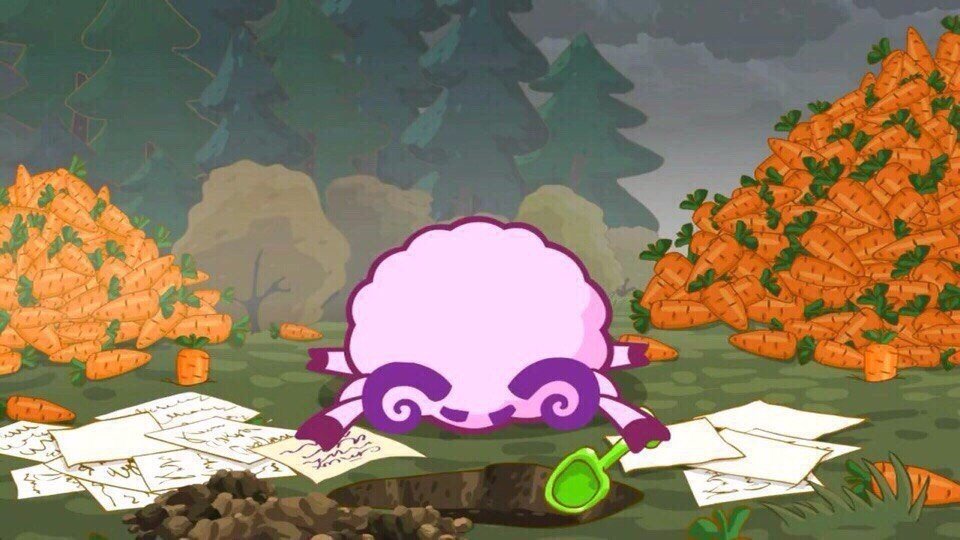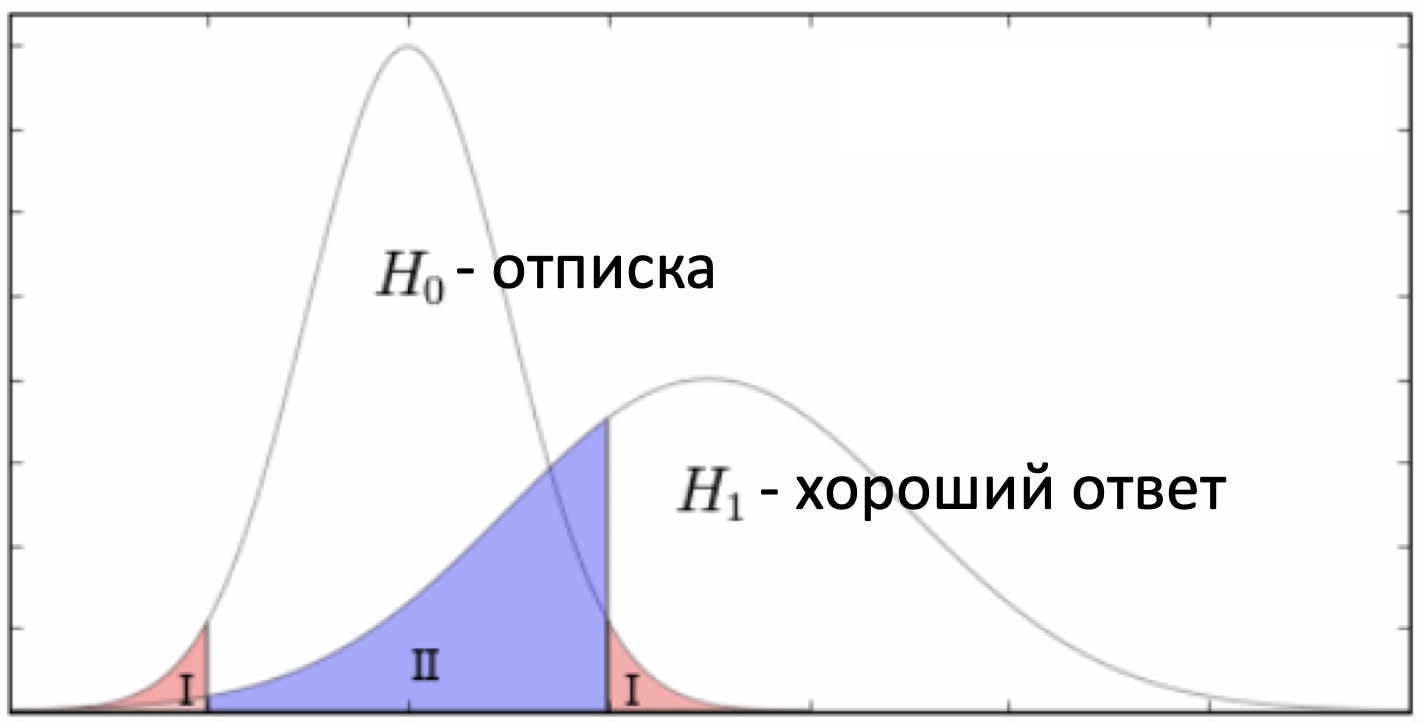The way to organize a collective study of theory during the semester
Hello! A year ago, I wrote an article about how I organized a university course in signal processing . Judging by the reviews, the article has a lot of interesting ideas, but it is large and difficult to read. And I have long wanted to break it down into smaller ones and write them more clearly.
But writing the same thing two times somehow fails. In addition, this year significant problems in the organization of this course made themselves felt. Therefore, I decided to write several articles about each of the ideas separately, to discuss the pros and cons.
This first article is about a way to organize students so that they actively study theory during the semester, and not in the last days before the exam.
Suppose a group of adults needs to sort out a new vast area. For example, they are developing a new product. Suppose these people are technically advanced and independent. What should they do better?
It is wise to first make a list of questions that need answers. Then instruct everyone to deal with a certain group of questions, to investigate and clearly write the answers for everyone else. Everyone else can read these answers, supplement them, ask questions if something is not clear.
If all goes well, written and well-formulated answers will end up. In them everyone will be able to look and find information when necessary. If the information is insufficient, this is an occasion to contact an expert who has dealt with this topic. And, then, of course, do not forget to supplement the written base of answers =)

How does all this relate to students and university studies?
A group of students is similar to a group of adults who need to learn a new area. The teacher is like a person who can set the direction for research - to identify a list of questions that students need to deal with.
Usually the answers to the questions of the teacher are contained in what he has already told. Students are required to understand this and report on the exam. It is almost impossible to verify the understanding of a large amount of material in a short exam, so the rating is given for how well the student learned or wrote off a random piece. An important role is played by the ability to pass such exams: to quickly think, confidently say things similar to the truth, correctly respond to the teacher’s comments.
The task of understanding the material is becoming far from the highest priority. Most of what is learned is not used and is forgotten over the next six months to a year, if not the next day. Of written artifacts, at best, an abstract remains. Sometimes it’s good, but as a rule it is a squeeze of the opinion of one teacher, collected in time pressure.
Complementing the picture is that theoretical material is usually not interesting to students. They postpone his study until the session and deprive themselves of the opportunity to use the theory in solving practical problems. The teachers have to save the practical classes: they poke students in fragments of the theory that are necessary to solve the problems being analyzed. Solving the problem by a fragment of the theory launched from above is a necessary skill, but, alas, not sufficient. Under the tasks from real life it is not signed which methods are better to use when solving them.

So the idea
The teacher puts the list of questions in the public domain, for example, by posting to the VKontakte group, where there are all students. Students can:
- Choose a question that no one has answered yet, and answer it in the comment.
- Choose an answer already written by someone else - and comment on it: add / ask the author a question / write what is wrong and why.
Students' answers to questions are encouraged; students who answered questions well during the semester receive automatic exam grades. Duplication of the answers of other students and other clogging is punished.
Questions need creative and not having a clear answer, otherwise the one who answered first will win. And the rest will not have an incentive to read his answer, since there is nothing to add to it. Patterns of possible questions:
- Give examples of the use of such a theorem / algorithm / method. Is this application effective?
- Compare algorithms / methods / technical implementations. Write down their advantages / problems compared to each other.
- How to supplement the algorithm / method so that it allows you to solve just such a problem?
- How can one simplify the proof of the theorem if such facts are still known? How to prove the theorem if such facts cannot be used? (which are currently in use)
- Suggest ideas for improving the algorithm / method. How and in what situations do these improvements help?
- Disassemble such an article. Write out from it what you consider useful; explain why.
- Formulate your questions for the lecture / topic. Why do you consider them important?
The scope for creativity is great! Many creative questions themselves stimulate them to study, in contrast to the tedious understanding of what the teacher tells.

A system with such questions can encourage students to deal with theory directly during the semester. For example, if questions are laid out after each lecture and a tough little deadline is established for answers to them, about three days, many students will deal with the lecture material immediately after it. Some students will even go beyond the narrow confines of a teacher-readable story and delve into the Internet, design their own bicycles.
I know for myself =)
The previous paragraph has the keyword “may.” Drawn there in pink tones may not come. Instead of them there will be ordinary grays, students will try to push the course, answers to questions will turn into formalism, to no purpose devours the teacher’s time.
What determines how events will develop?
A very important factor is how the verification of answers to questions is organized. It is important to encourage good answers highly, otherwise students will lose their incentive. It is important to identify garbage answers and unsubscribes, it is important to immediately make clear to students that this is useless. Otherwise, the unsubscribes will become more and more.
It is useful to attract students to this very difficult task. They may be asked to highlight the most useful answers; the most understandable answers; the answers in which people tried the most. Asking for the most garbage answers is useless. And everything else in practice is not very useful, but sometimes it helps to avoid errors during verification.

Of course, such a check requires a lot of time on the part of the teacher. I understood this even when I started the experiments. I also understood that I could not accurately distinguish good answers from unsubscribes - and decided in disputed situations to take the side of the student. Such a strategy survived two experiments, in the third there was a failure: many wrote trash in the answers and this became a problem.
All experiments lasted a semester. In the second and third experiments, there were 2 times more students - 40 people. But in the second, only a handful of students wrote the answers. Almost everyone wrote in the third, I think they considered it easy and significantly simplifying the course. And I could not normally distinguish grains from the chaff, with which everything was rapidly overgrown. To save the situation, I had to offer an easier option for passing the course - for those who wrote anyhow.
Next time, I think from the beginning I will stimulate answering the questions of only those who will be really interested - I plan to put points only for good answers. In controversial cases, I think to offer to supplement and not put any points until this is done.

A bit of philosophical reasoning
How often to post questions? If questions appear too often, then students will tire of answering them. After all, the answers to such questions can take a lot of time. If questions appear too rarely, this is an approximation to the situation “students live happily from session to session, and the session is only 2 times a year” with all the ensuing consequences. The more important and more complex the subject, the more often questions should be laid out. What is often and rarely? More often than lectures are definitely not necessary. Once a month - already rarely, students will fall out of the context of what happened at the beginning of the month.
How to make response deadlines? The smaller the deadline, the more students answer questions when they still remember well what happened at the lecture. The longer the deadline - the less students will say that they did not have time to answer questions because they were distracted by important matters. I think the optimum is between 3 days and a week, a maximum of two.
Spread questions before the lecture or after? If both the questions and the deadline are before the lecture, many students will come to the lecture more prepared. But not all, this is a problem whose interests are not taken into account. If you post it after the lecture, questions can be based on what was told on it and cover more material. If you make questions before the lecture, and the deadline after - students will answer questions instead of listening to the lecture. If you lay out one list of questions before the lecture, and the other after - there will be overflow. At least if the subject is not the most important.
Are there any drawbacks in exempting students from passing the exam for answering questions well during the semester? I see only one: preparation for the exam stimulates the student to walk through the entire material of the course once again in a short time. This often leads to an understanding of the overall picture of the course, at least for a short moment. When answering questions on individual lectures, such a picture may not be formed.
Should students who work well in the semester be forced to take the exam just for the sake of shaping the overall picture of the subject in their heads? Is this picture worth the nervous tension? Will this discourage students during the semester? Is it possible to form this picture somehow differently? On these issues, I'm still in the process of reflection, write if you have any ideas!

Thanks for attention!
PS: I do not consider anything written as a dogma, and I will be glad to justified comments and objections =)
All Articles